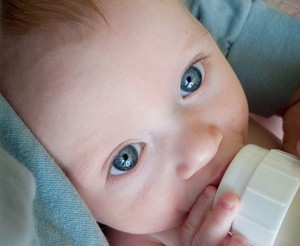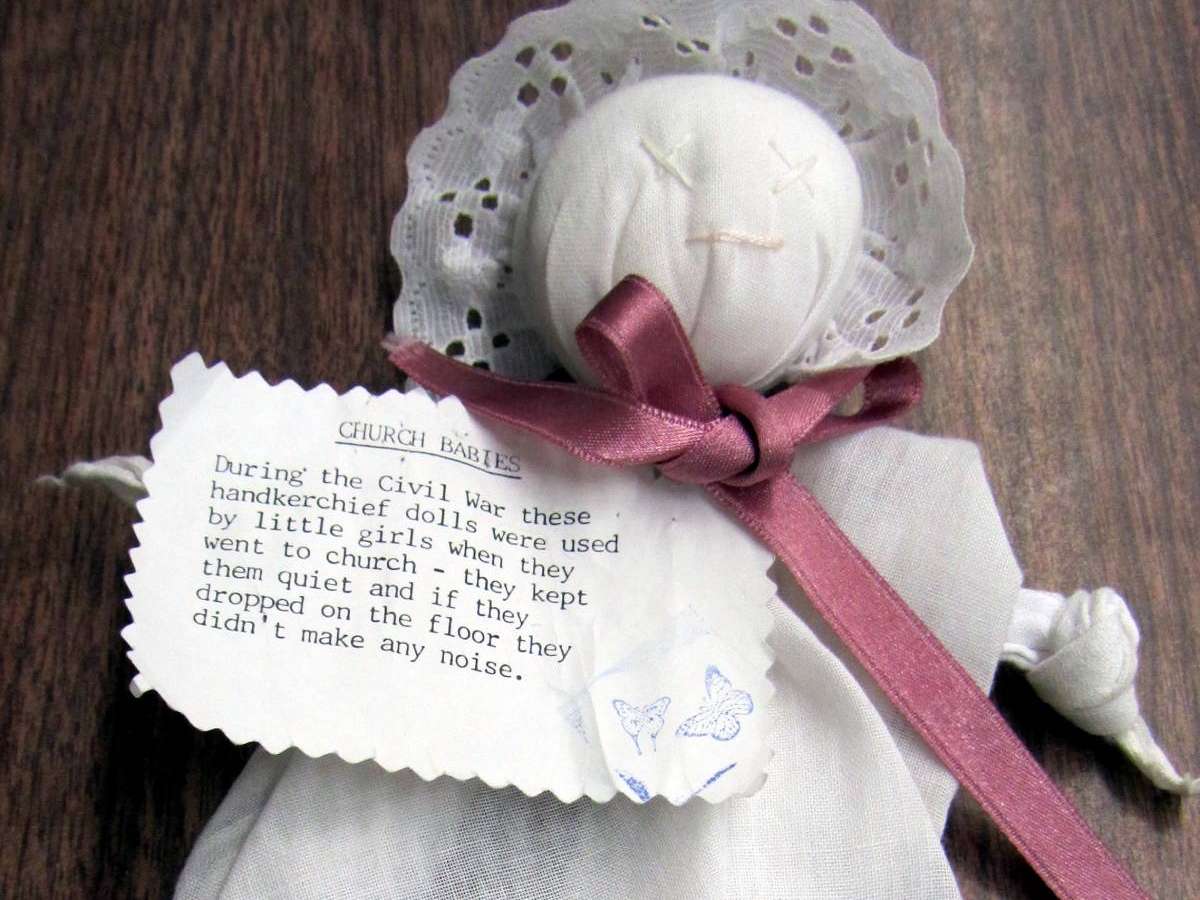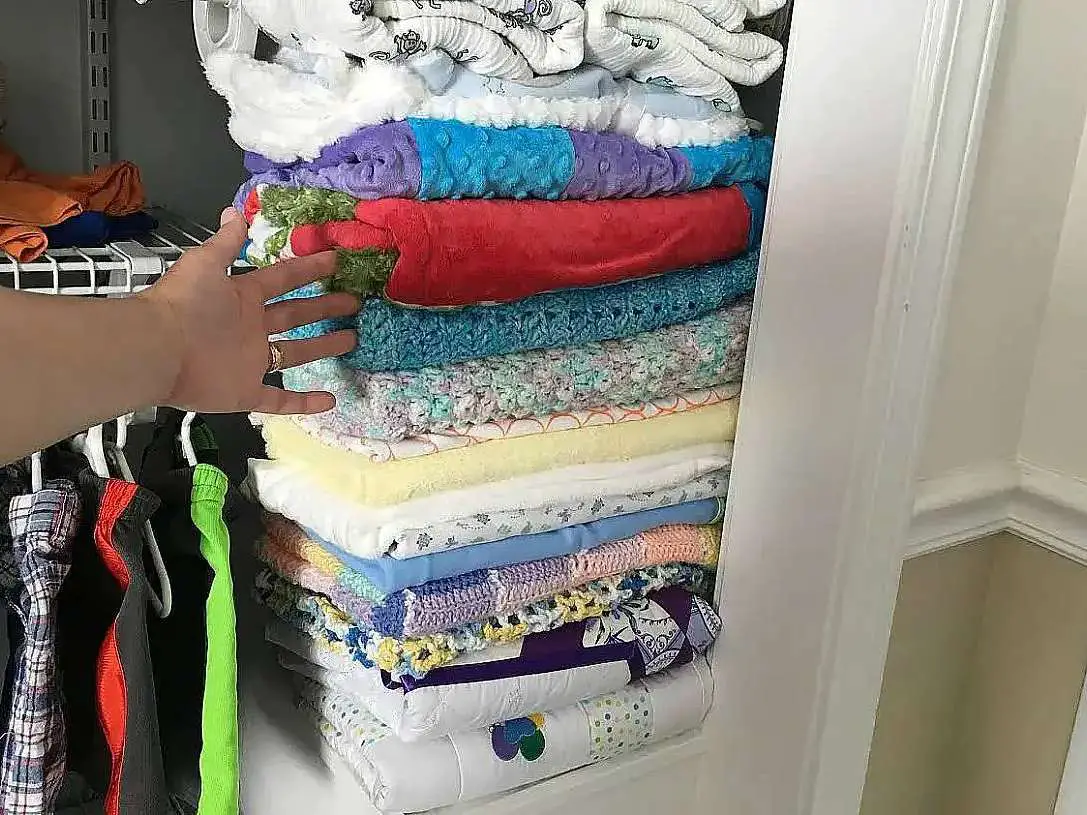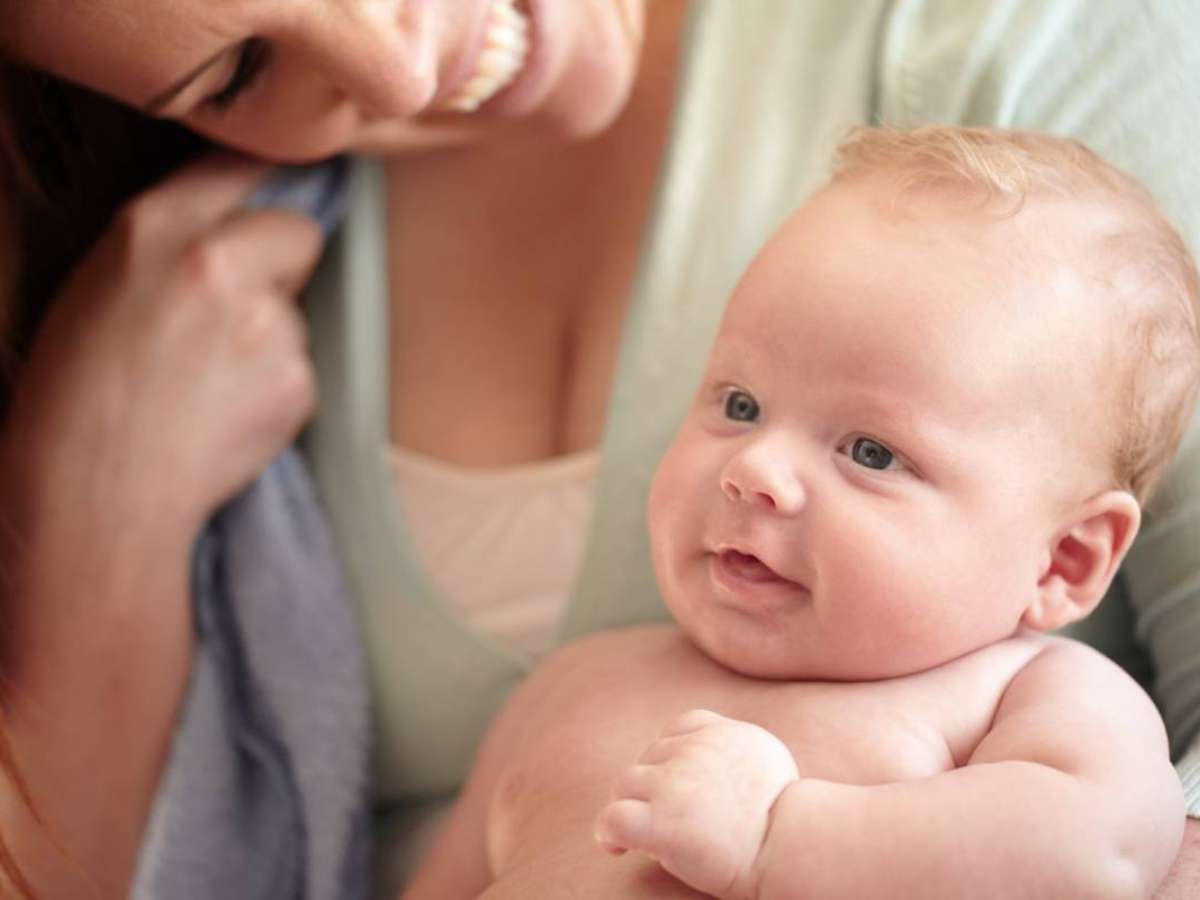 With so many choices for baby bottles on the market, does it really matter which one you choose?
With so many choices for baby bottles on the market, does it really matter which one you choose?
What’s the difference between all these baby bottles?
Which are the best …and why?
What do the experts say?
As a mom, each of us is partial to what we used for our own kids. In fact, we probably wouldn’t have used them if we didn’t swear by them. I, for one, was shocked when my favorite baby bottle, Avent, was not on this list of the 5 best baby bottles:
#1 BornFree Bisphenol-A Free Baby Bottles
#2 Playtex Drop-Ins Premium Nurser Bottles
#3 The First Years Breastflow Baby Bottles
#4 Dr. Brown’s Natural Flow
#5 Evenflo Classic Glass Nurser Bottles
According to Consumer Research, those rankings are based on a combination of online consumer reviews.
My favorite bottle, did however, make it onto this list of top 7 baby bottles, and near the top of the list at that!
#1 MilkBank Baby Bottles (Great vented system to prevent gas and colic, plus a wide nipple making it easy to go from breast to bottle)
#2 Avent Baby Bottles (Best for breastfeeding moms who need to use bottles due to the unique air flow system that prevents gas pain. I agree!)
#3 Dr. Brown’s Baby Bottles (Prevent gas paint, burping, and vomiting due to a vacuum formed within the bottle)
#4 Evenflo Glass Baby Bottles (Great for breast milk storage, since there is no seepage of BPA’s)
#5 Adiri Nurser Baby Bottles (BPA free, but not glass and shaped like a breast to allow nursing mothers flexibility)
#6 Playtex Ventaire Baby Bottles (They have the popular angled neck)
#7 Second Nature Baby Bottles (Also mimic the nursing experience)
What Do Other Experts Say?
Louise Chang MD, part of the WebMD medical editing team, covers the whole glass vs plastic issue when it comes to baby bottles. Their strongest advice is to avoid storing breast milk in plastic bottles that may contain BPA. They recommend extra care when feeding to limit BPA exposure to the baby.
Even if you’re concerned about bisphenol A, you don’t have to give up your plastic bottles. Non-polycarbonate plastic versions are available. They’re made of polyethylene (#1, #2, or #4 recycling symbols) or polypropylene (#5 recycling symbol). Non-polycarbonate plastics are also options when your child graduates to a sippy cup. Source
Before you think glass bottles are less safe for other reasons, consider these safer options for glass bottle users.
Mark Corkins, a pediatric gastroenterologist and one of Babycenter’s experts, stresses the importance of finding bottle nipples that work best for your child.
The best nipple is one that seems to fit comfortably in your baby’s mouth. That said, there are literally dozens of nipples available and choosing the right one can be maddening. Most full term babies will accept whichever nipple they’re offered if they’re hungry, so I wouldn’t worry too much about this. The 3 basic types of nipple you can choose from are "orthodontic," meaning the nipple is flattened to look (and presumably feel) more like your breast; "angled" meaning the nipple is slanted so it automatically tilts into your baby’s mouth, and "vented," which means the nipple has a tiny hole in it to let air into the bottle while your baby sucks milk out (presumably to prevent gas-producing bubbles). Source
In other words, when it comes to bottles and nipples, you need to use a system of trail and error to see what work for you. The point being: it’s important to pay attention, rather than just sticking with the one you try first.
According to this MSNBC / AP report, glass baby bottles are making a comeback due to concerns about BPA’s in plastic bottles. In the article, Carolyn Hentschell, president of Handi-Craft Co./Dr. Brown’s Natural Flow was quoted as saying:
Dr. Brown’s, which has been making a polycarbonate bottle for about a decade, introduced a glass version in early January because of customer demand. If you’re a mom and you have concerns about BPA, here’s an obvious choice. We don’t want them to feel like they have to go to another baby bottle. Source
In addition to many bottle makers adding glass baby bottles to their production lines, you should be aware that that some are also making stainless steel baby bottles.
Other Baby Bottle Reviews



